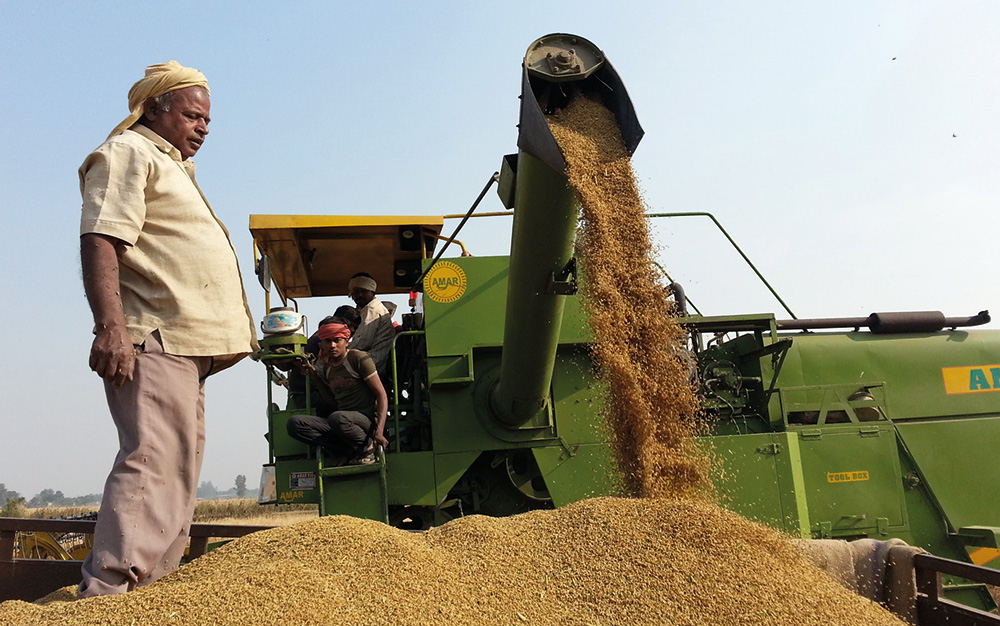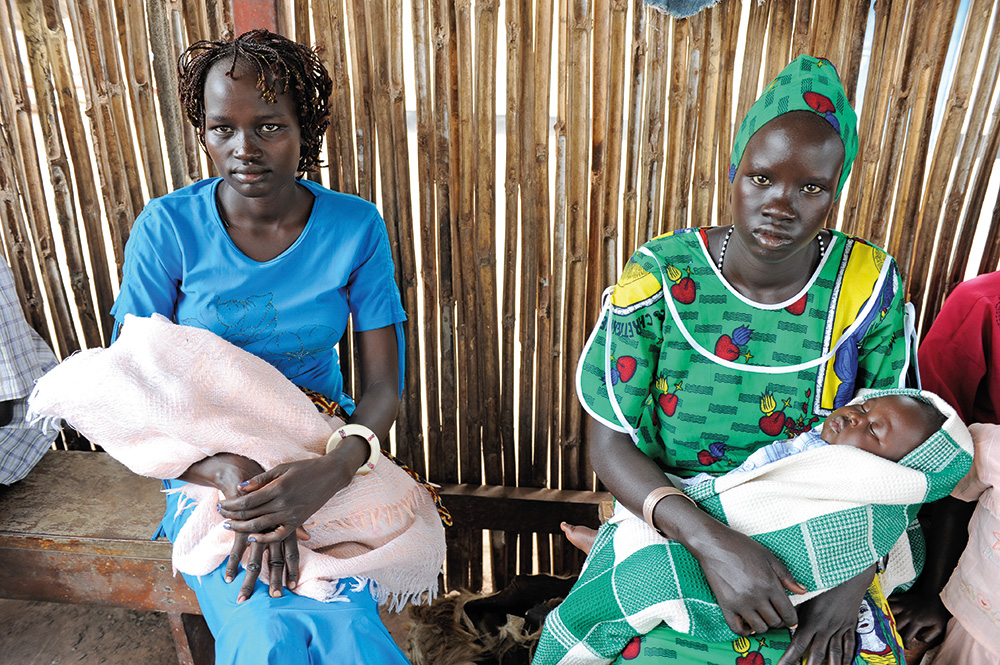Capacity development for agricultural policy advice
The changes in global agricultural markets over the past decade have major implications on agricultural policy. What are the challenges and opportunities for development-oriented agricultural policy-making? And what advisory capacities are needed to deliver substantive advice to developing countries’ governments? The answers to these questions constitute a new agenda for contemporary capacity development for agricultural policy advice.









